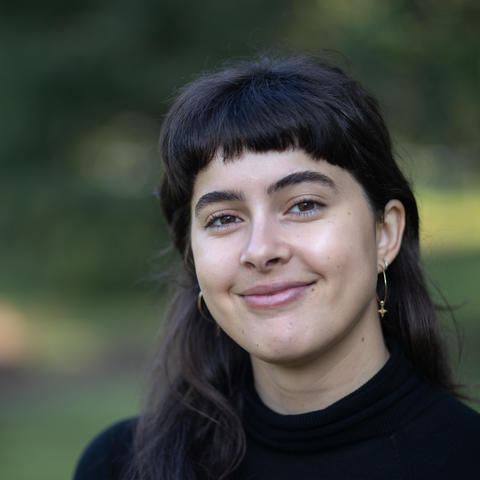Section Branding
Header Content
Healthy Start for families in South Georgia plans to bring birth support on board
Hero Image

Primary Content
Healthy Start programs aim to give new moms and their babies support during their first year together. Nationally, the largely federally funded initiative links families with case managers who can help monitor their health and look out for their needs during the transition of childbirth.
A Healthy Start program serving 10 counties in Southeast Georgia will use a recent infusion of $2 million from the United Health Foundation to add doulas to its support staff — doulas help pregnant people before and during birth.
The grant adds on to $5.5 million in renewal funding over five years from the federal Health Resources and Services Administration, awarded last fall. South Georgia Healthy Start got initial funding in 2019 and is one of a few Healthy Start programs in Georgia to be renewed — other programs operate in Atlanta and Middle Georgia.
Over 1,000 moms, kids and dads are enrolled in South Georgia Healthy Start, from Appling to Jefferson County. They’re eligible from pregnancy up to 18 months after the baby is born.
Jennifer Barkin, professor at Mercer University in Macon, is the director of the program.
“The evidence is pretty strong that doulas are helpful to both pregnancy and birth outcomes, and mental health for the mom and the family,” Barkin said.
One literature review published in the National Library of Medicine concluded that in over a dozen studies, having a doula in the room during and before birth resulted in positive emotional outcomes for the mom, and lower rates of caesarian and premature delivery. That’s because doulas train to be that direct support and can help advocate for new moms in medical settings.
While doulas have a price tag — efforts in Georgia to get insurance to cover the cost of birth support services have so far been unsuccessful on a wide scale — Healthy Start removes that barrier.
Already, families enrolled in Healthy Start have their health care overseen by case managers, who help address concerns outside of the doctor's office, when families are at home pre- and post-partum.
They also refer them to medical providers. According to the program’s 2024 impact report, South Georgia Healthy Start works with 10 clinical cites and over two dozen maternal health partners.
Case managers personally walk participants through some of the more difficult aspects of parenthood by providing infant care essentials, and education about breastfeeding and sleep, for example.
“We also do webinars that deals with stress and de-escalation, because you know, moms are under a lot of pressure,” said Carroll Banton, a longtime case manager with South Georgia Healthy Start.
Banton is training to become a doula herself, along with other existing case workers.
She said in the rural areas she works in, the program tends to grow from word of mouth. She’s been telling the families in her case load who aren’t very familiar with what a doula does that it’ll be like adding another person to the “circle of support.”
“It’s about building trust with that mom all the way around from the case management to the hands-on part,” she said. “So hopefully this is going to be something that's going to take off like fire.”
As questions continue to circulate around the sustainability of federal funding, program director Barkin said they have “no indication” that the program’s primary funding from HRSA is at risk.
In March, Health and Human Services Secretary Robert F. Kennedy Jr. announced restructuring plans to limit “redundant units.” That includes folding HRSA and four other federal agencies into one entity, called the Administration for a Healthy America. It is not clear what will happen to specific programs under departments, and the staff who run them, under this restructuring.
Meanwhile, federally funded health clinics elsewhere, many that serve underinsured and rural communities, have reported lapses in funding due to budget and staff cuts. And the Georgia Department of Public Health, also a key resource for people with little access to health care facilities, faces its own uncertainty.

